US Copyright Office reports ‘urgent need’ for protection from deepfakes
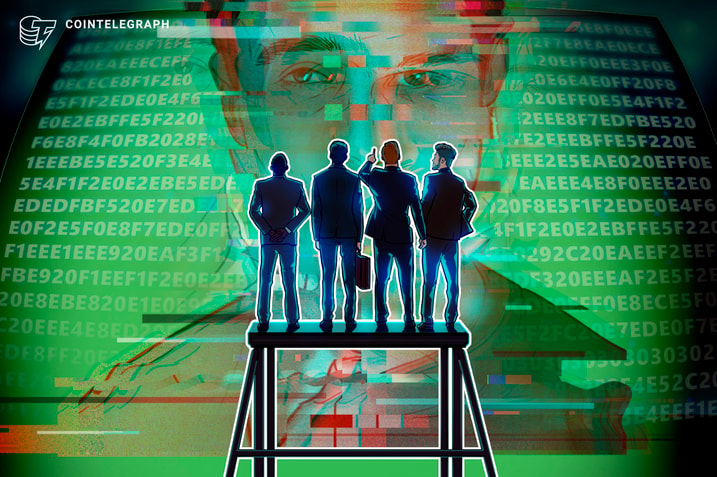
The Office is calling for the creation of a new law to deal with digital replicas.

The United States Copyright Office has released the first part in a series of reports addressing the legal and policy issues related to artificial intelligence and copyright law.
Published on July 31, the first part of the report deals with digital replicas or, as they’re commonly referred to, “deepfakes.”
According to the report’s authors, “a new law is needed,” to confront the spectre of rapidly evolving digital fakery:
“The speed, precision, and scale of AI-created digital replicas calls for prompt federal action. Without a robust nationwide remedy, their unauthorized publication and distribution threaten substantial harm not only in the entertainment and political arenas, but also for private individuals.”
A new law
Specifically, the Office is calling for a law that is “narrower than and distinct from” existing laws addressing copyright infringement. This is due to the additional layer of implicit replication and the potential for harm that digital replicas present.
The report mentions several times that both businesses and individuals could suffer direct harm to their financial standings, brand, and/or business/personal reputation due to the threat of deepfakes.
Shira Perlmutter, Register of Copyrights and Director of the U.S. Copyright Office, echoed these sentiments in press release statement:
“It has become clear that the distribution of unauthorized digital replicas poses a serious threat not only in the entertainment and political arenas but also for private citizens. We believe there is an urgent need for effective nationwide protection against the harms that can be caused to reputations and livelihoods.”
Individual liability
According to the report’s authors, the new copyright law should apply beyond the commercial market, as individuals can purportedly harm one another with deepfakes. It would also, as proposed, be partially limited to an individual’s lifetime (with different laws potentially addressing estates and post-mortem infringement).
The Office further proposes that the law apply only to the “distribution or making available of an unauthorized digital replica, but not the act of creation alone.” Its reasoning, as explained in the document, is because it could be a legitimate part of a creative’s process to create an otherwise unauthorized deepfake for personal use.
However, the Office also suggests that the act of creation could be the basis for liability if the creator knowingly made a digital replica for nefarious purposes.
While none of the report’s findings are legally binding, the Copyright Office is responsible for advising the executive, legislative, and judicial branches of the US government on matters related to copyright. It’s likely that Congress and whomever emerges triumphant in the 2024 US presidential election will at least consider the report’s contents.
Subsequent reports in the series will focus on related topics including the copyrightability of works created using generative AI, training of AI models on copyrighted works, licensing considerations, and allocation of any potential liability.
Related: New bill suggests thwarting AI copycats, deepfakes with watermarks

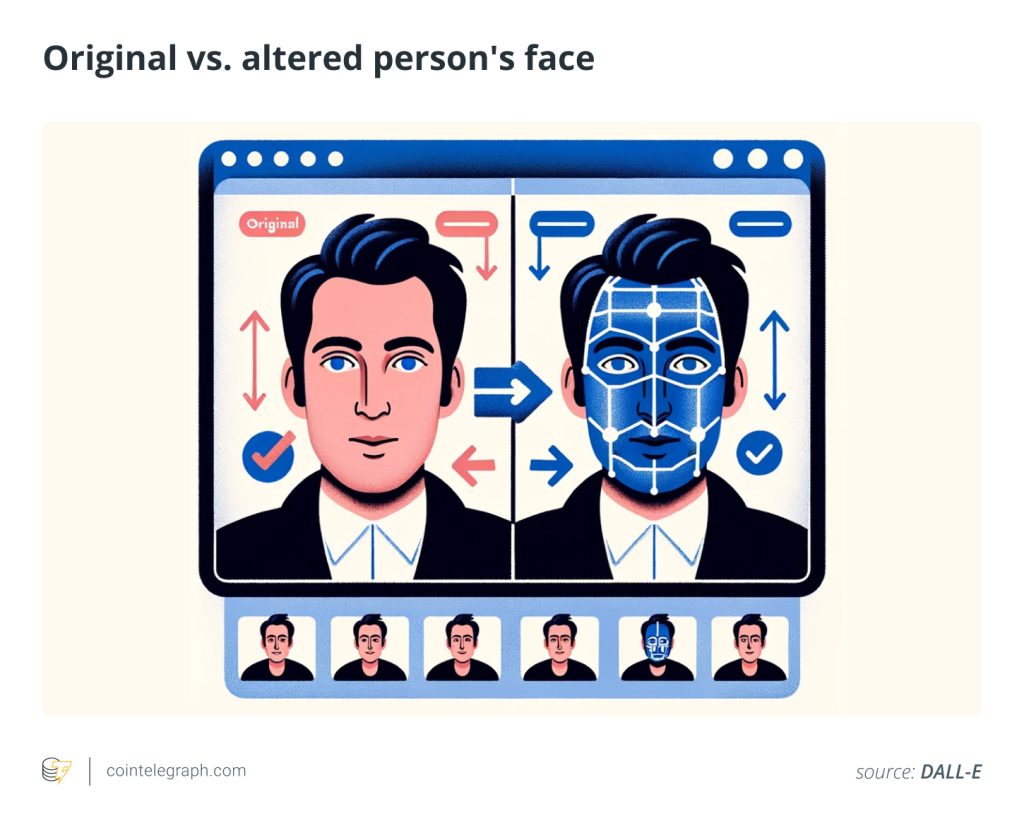
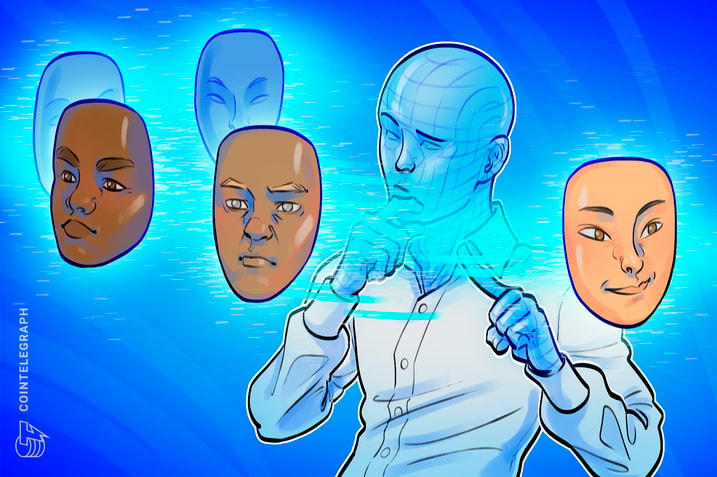
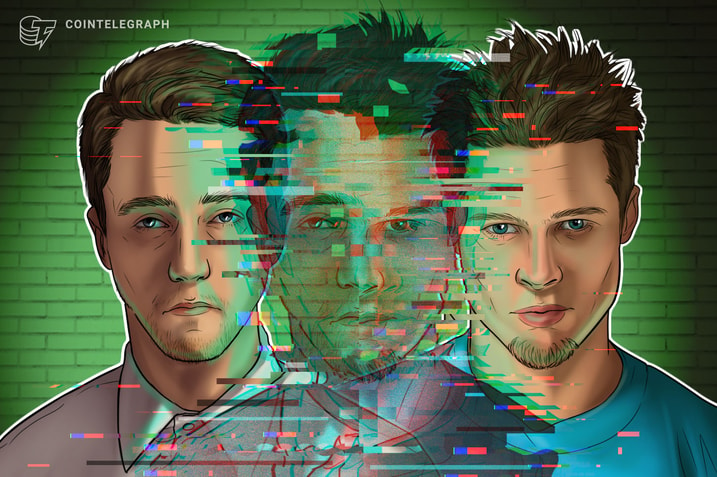
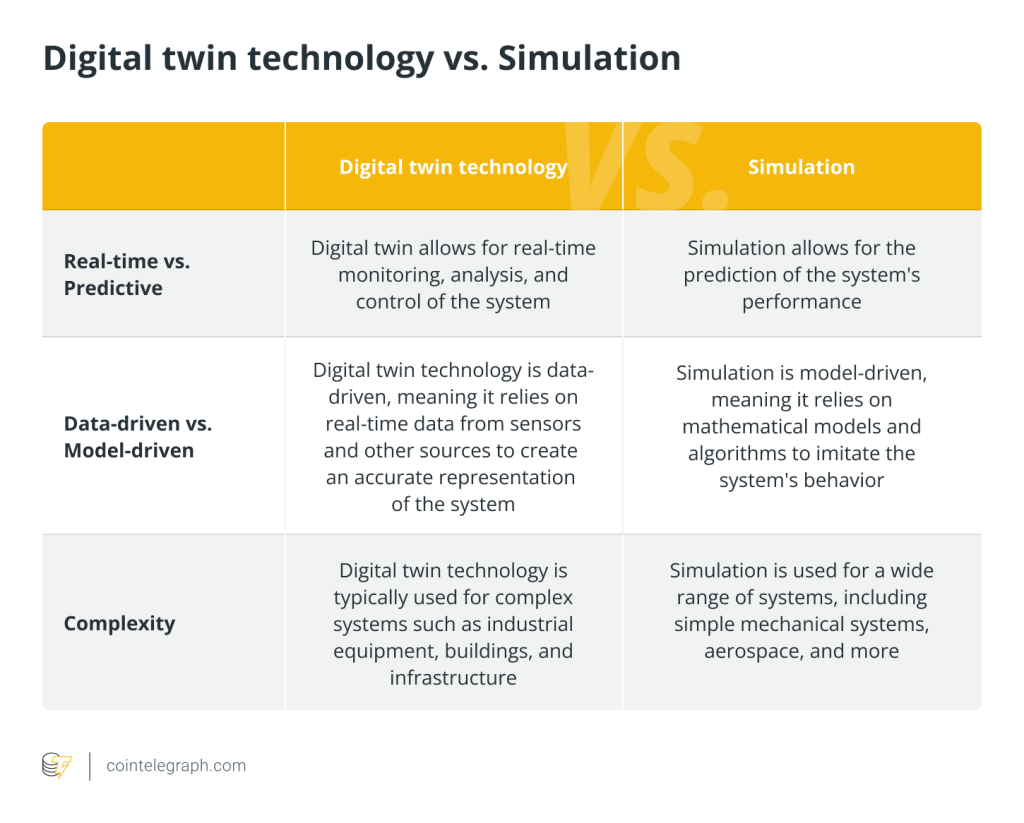

Responses